03/17/2023. In "The Natural History of Destruction," Ukrainian film director Sergei Loznitsa focuses on the bombing of German cities during World War II. He says he also expected Russia's invasion.. Ukrainian director Sergei Loznitsa returned to the Cannes Film Festival this year with another archival documentary film entitled The Natural History of Destruction (last year he debuted Babi Yar: Context on the mass killing of Ukrainian Jews by Nazi Germany's forces in September 1941). The film is quite close to the English title of German author W.G. Sebald's 1999 book in which he not.

The Natural History of Destruction (2022) Recensione Quinlan.it
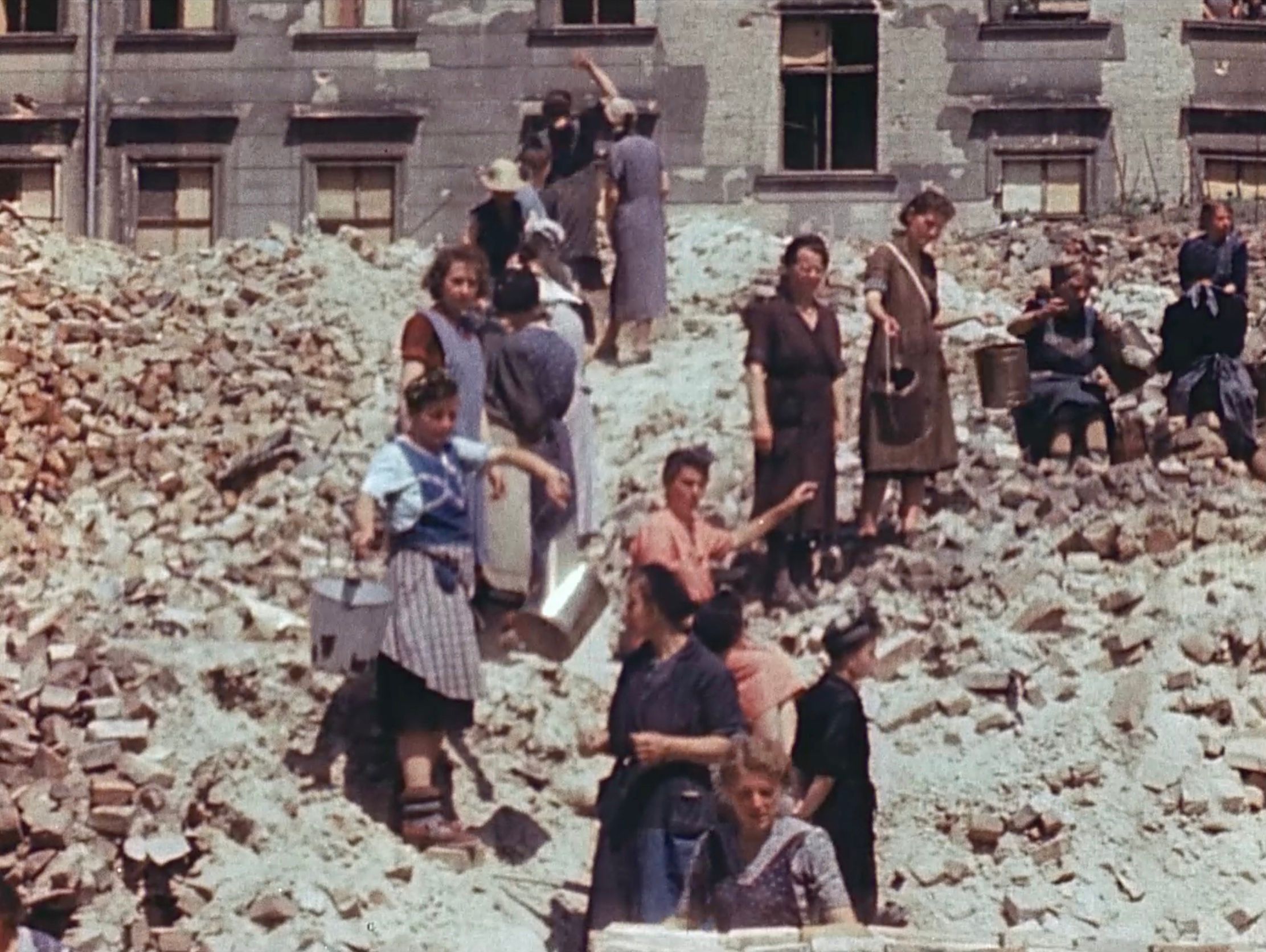
ubiquarian Cannes review The Natural History of Destruction (2022)

The Natural History of Destruction LOOKSfilm

The Natural History of Destruction LOOKSfilm

The Natural History of Destruction Cinema Oostereiland

The Natural History of Destruction Cineclandestino

The Natural History of Destruction in première op Cannes Film Festival CineDeli
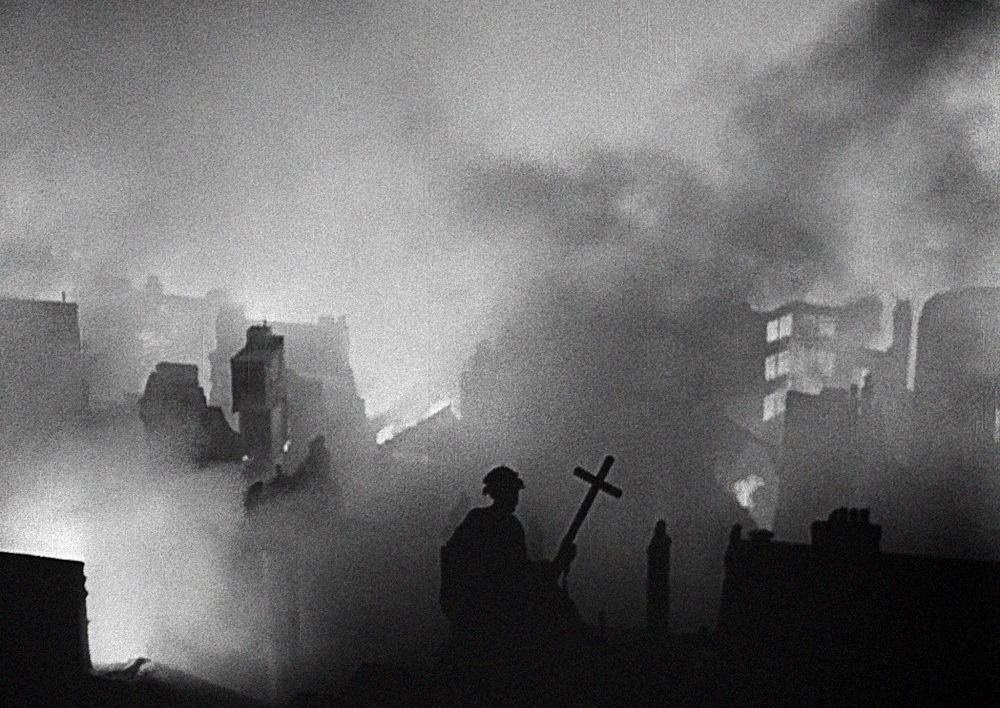
Review The Natural History of Destruction Cineuropa
The Natural History of Destruction TRAILER on Vimeo
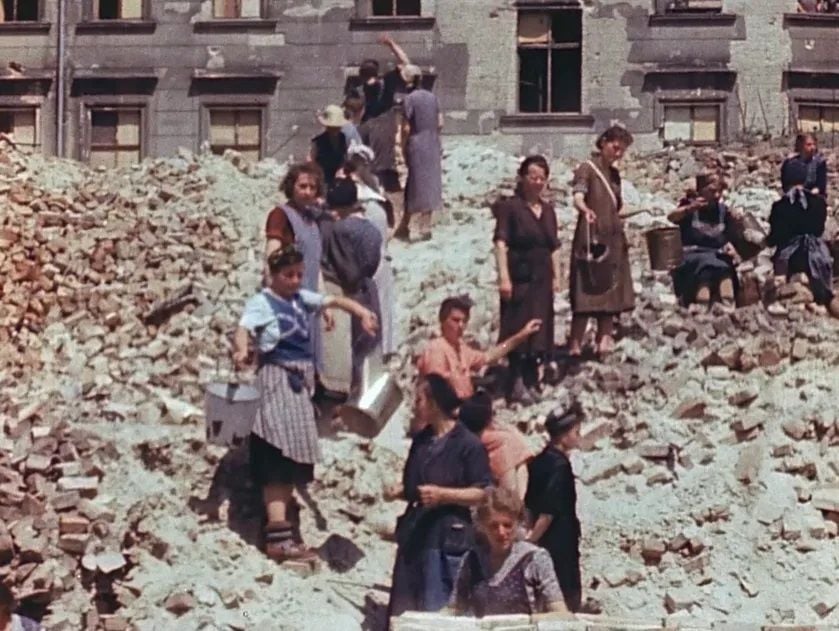
The Natural History of Destruction resimleri Fotoğraf 9
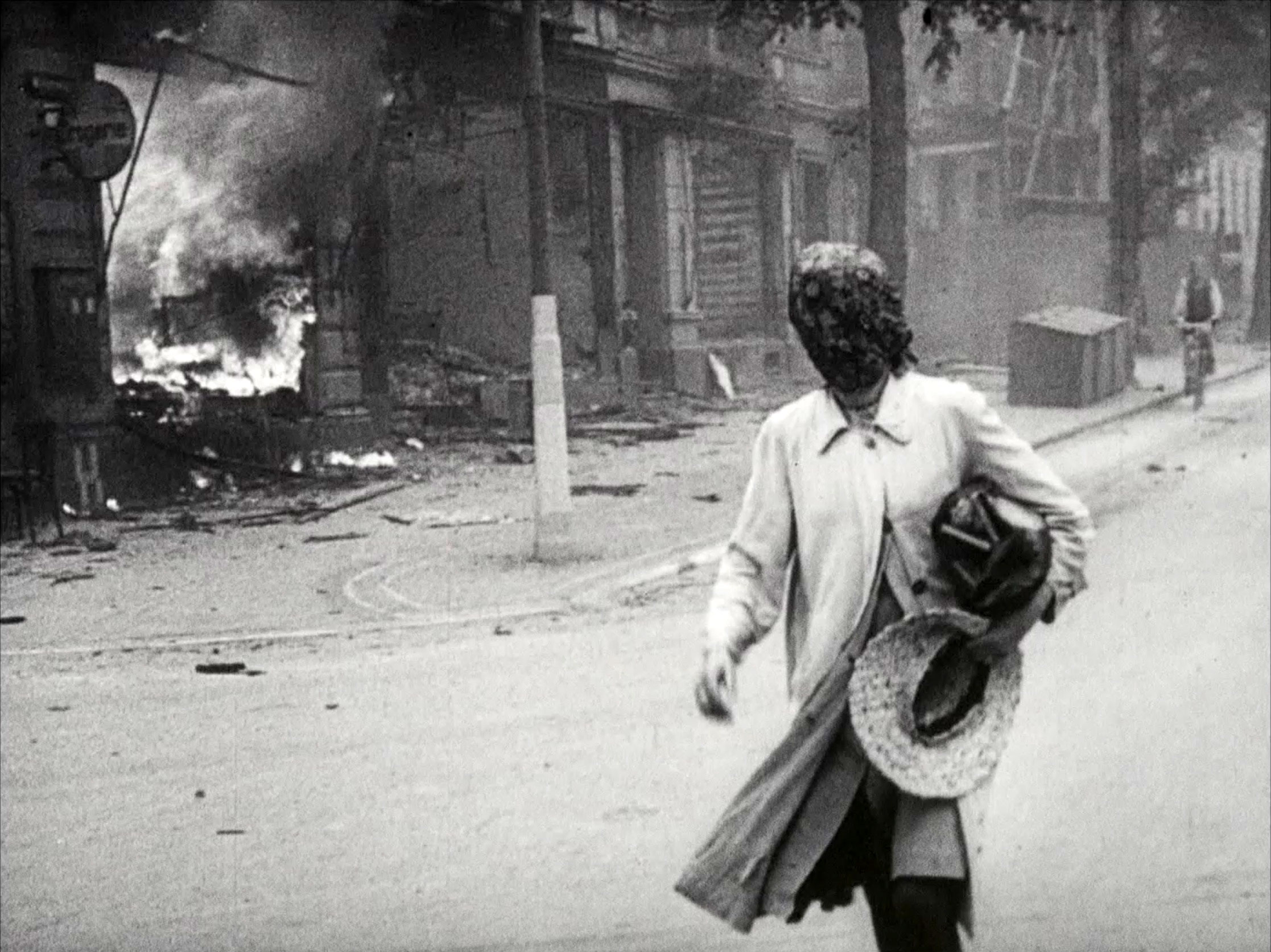
Sergei Loznitsa Official Website
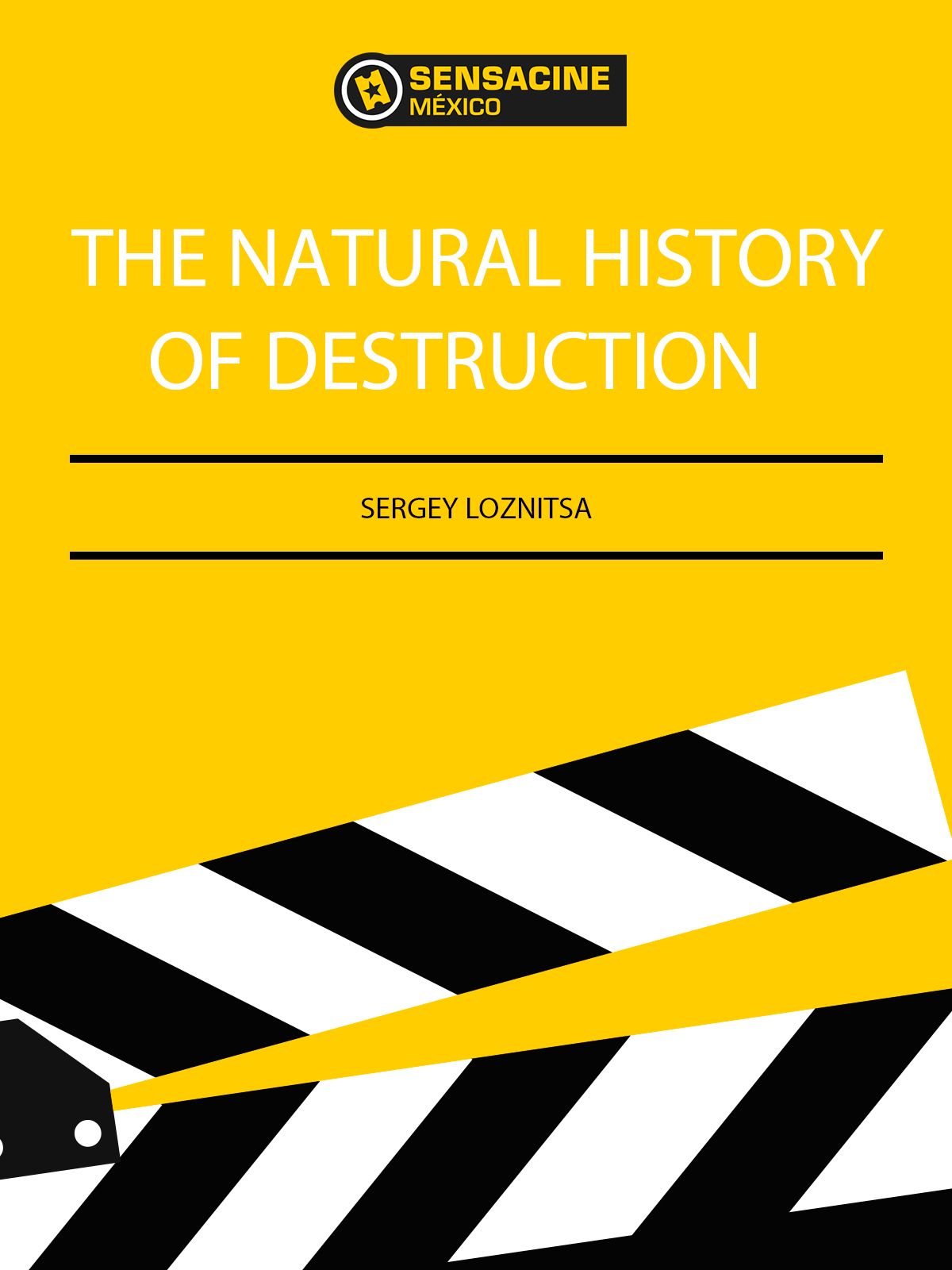
Anécdotas de la película The Natural History of Destruction

The Natural History of Destruction LOOKSfilm
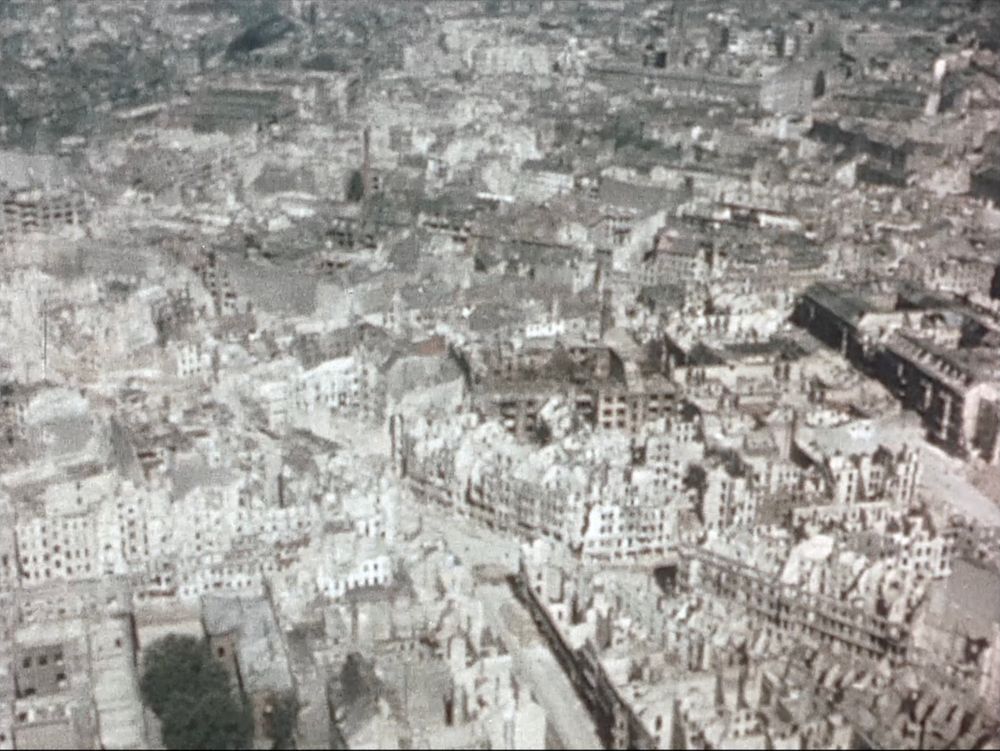
THE NATURAL HISTORY OF DESTRUCTION Festival de Cannes 2023
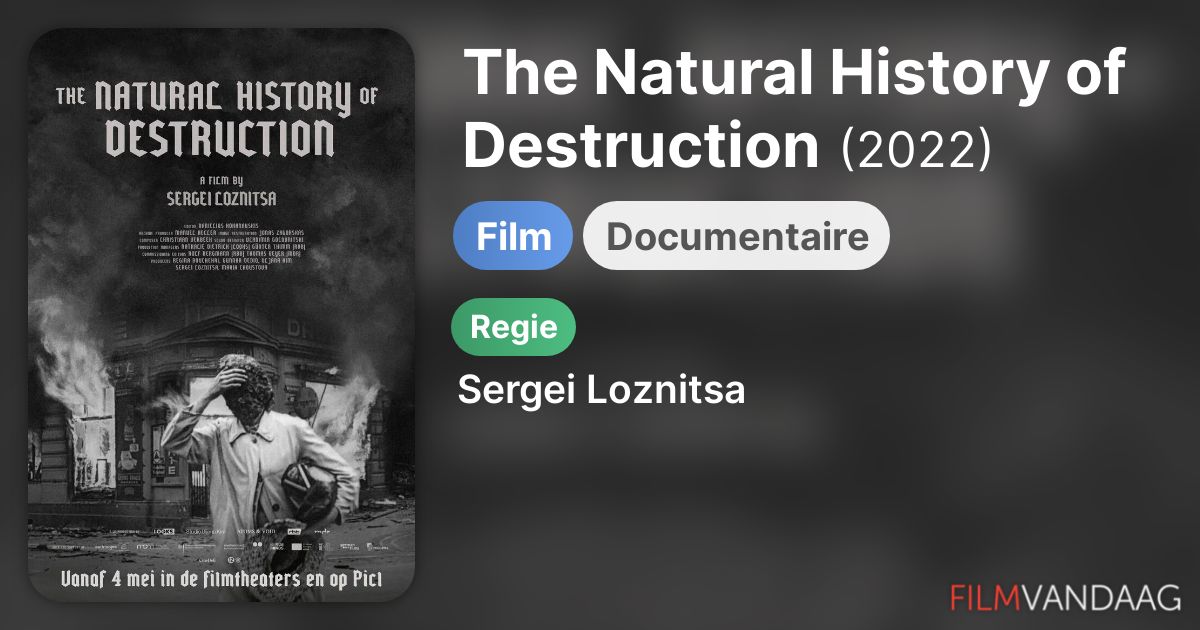
The Natural History of Destruction (film, 2022) FilmVandaag.nl
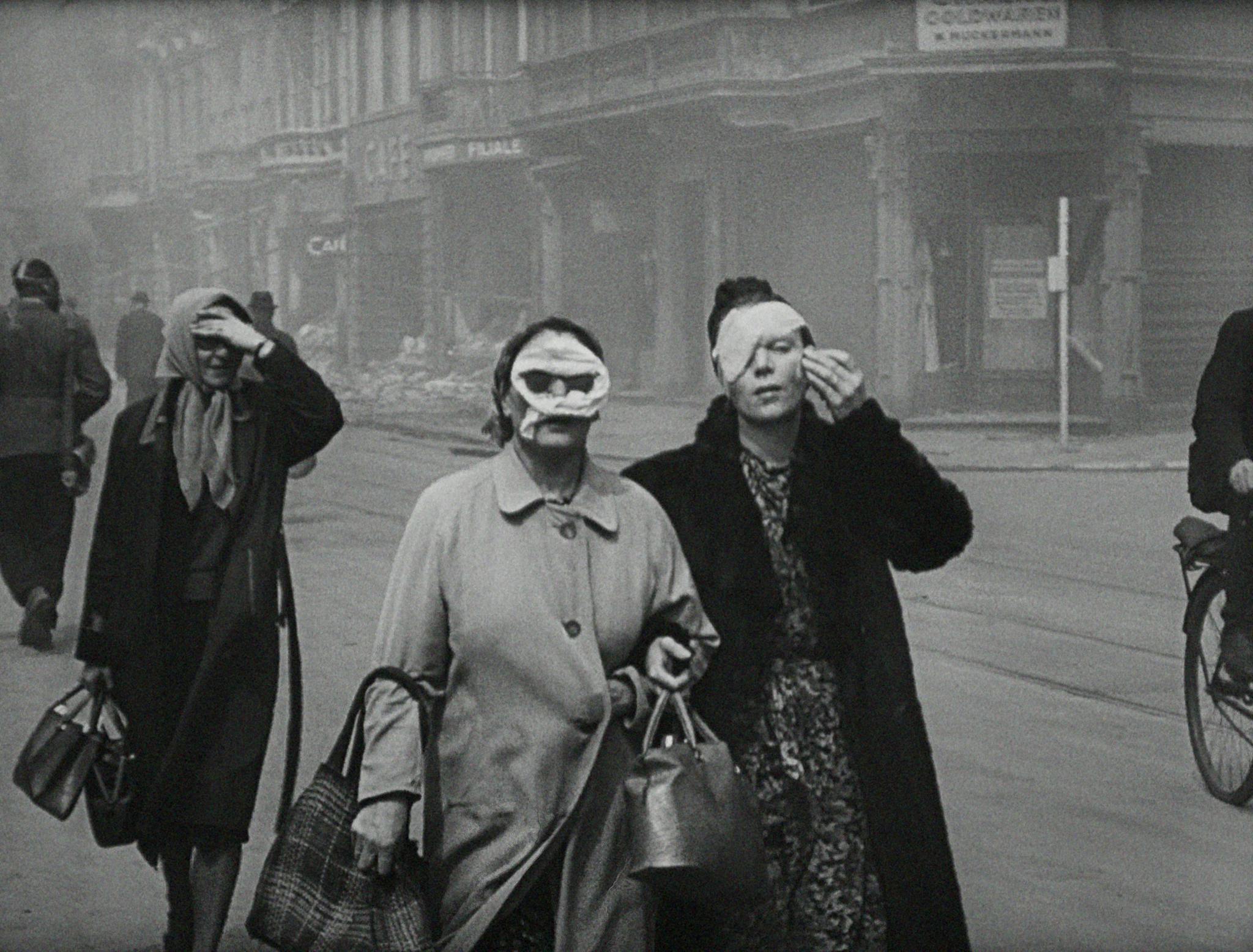
The Natural History of Destruction Cineville
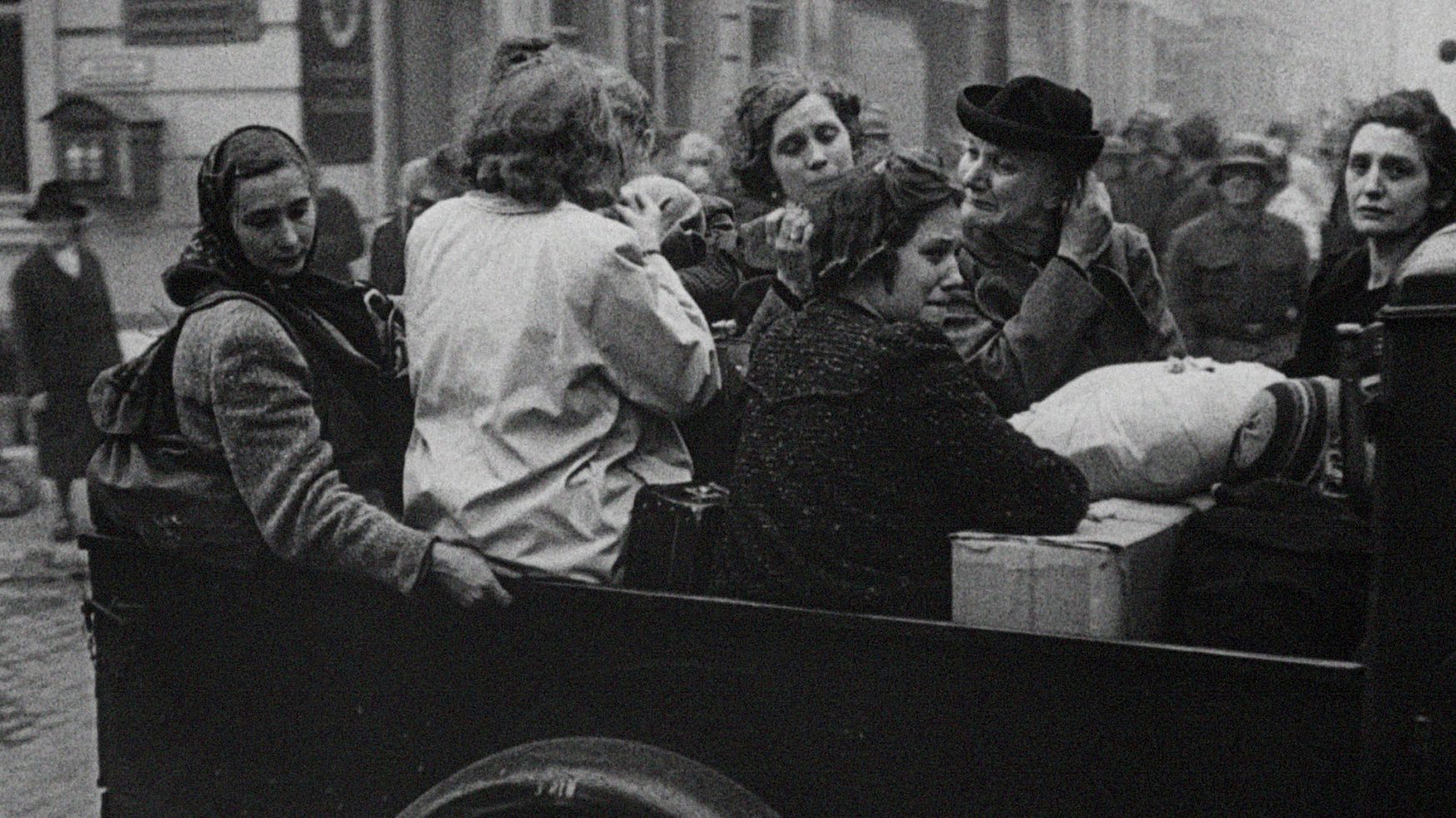
The Natural History of Destruction vanaf 4 mei te zien in Lantarenvenster
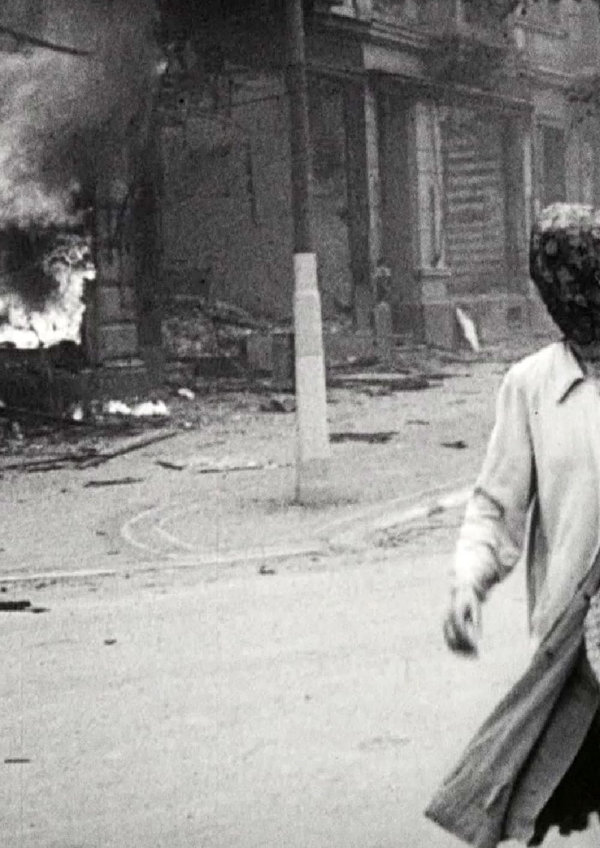
The Natural History of Destruction showtimes in London

The Natural History of Destruction LOOKSfilm
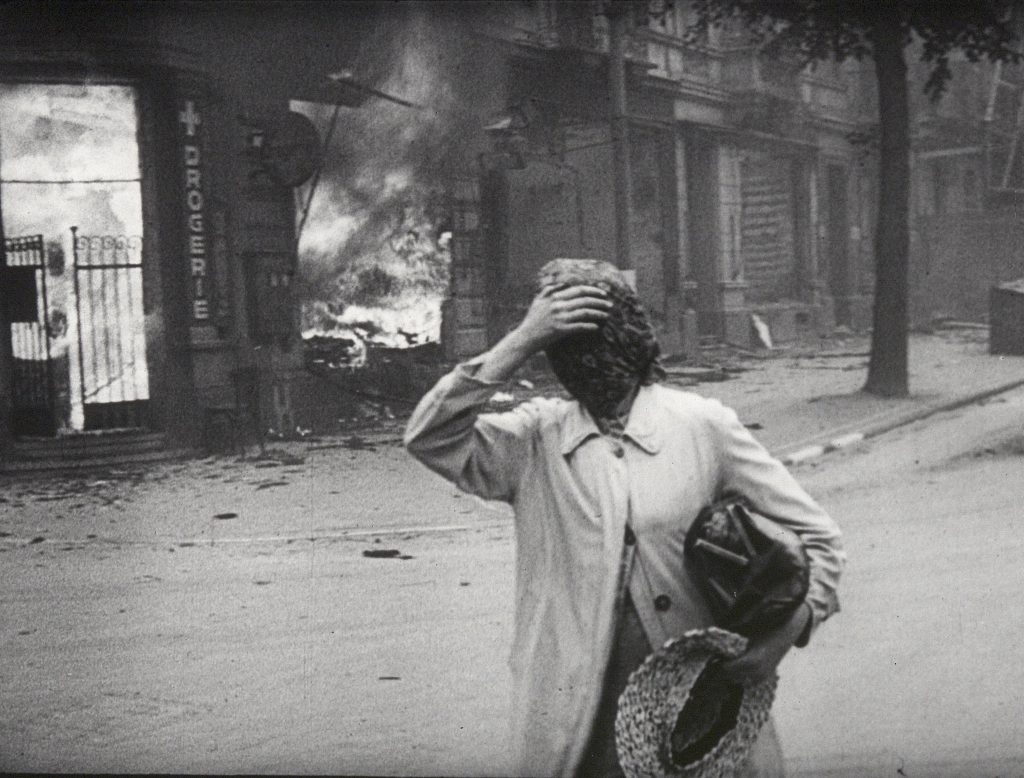
The Natural History of Destruction di Sergei Loznitsa duels
May 25, 2022 Full Review Fionnuala Halligan Screen International The Natural History of Destruction posits, voicelessly, that the world has looked away for so long that it has doomed itself to.. On new films by Claire Denis, Clément Cogitore, Mario Martone, Jean-Pierre and Luc Dardenne, and Sergei Loznitsa. Daniel Kasman 28 May 2022. Based on the book by German writer W.G. Sebald, examines the perception and processing of the phenomenon of mass destruction of the German civilian population in European post-war literature.